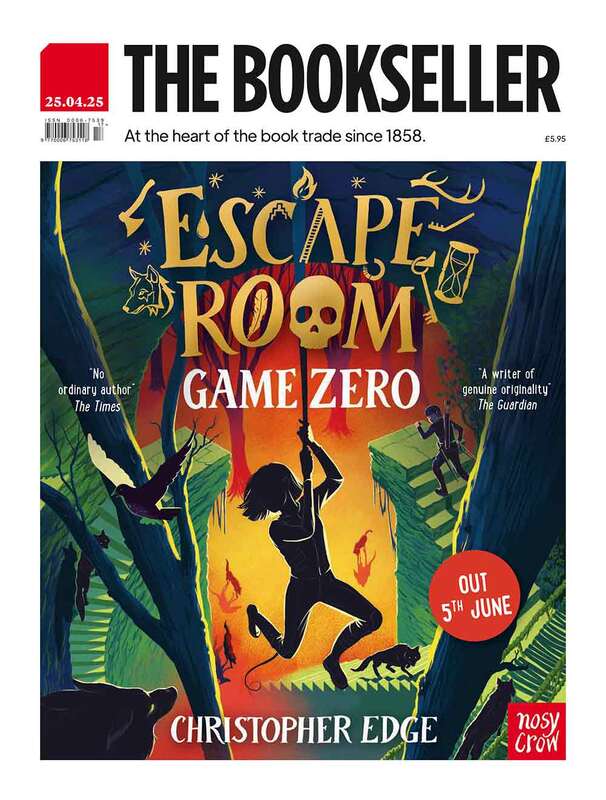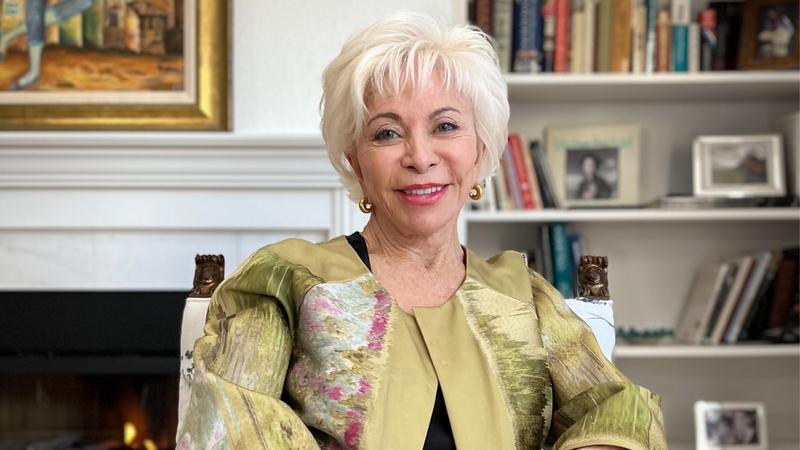You are viewing your 1 free article this month. Login to read more articles.
German book sales drop nearly 14% in 2020 first half
The coronavirus pandemic has hit the German book industry hard with sales down 13.9% year on year in the first half of 2020.
But at its annual business press conference in Frankfurt this week the trade association Börsenverein des Deutschen Buchhandels was cautiously optimistic about the coming months, claiming that bookshops have slowly begun reducing the massive losses they suffered during the lockdown in spring.
Bricks-and-mortar bookshops were among the first retailers to be allowed to reopen towards the end of April after the lockdown. Back then they faced the grim reality of sales having crashed by 65.7% in the period between 23rd March and 19th April. Across all channels, including travel and department stores, supermarkets and the thriving e-commerce sector, sales were down 46.5% in the same period.
This week the association’s optimism was backed by the latest statistics from market research company Media Control. In May when customers were slowly coming back to the high street amid strict coronavirus rules—social distancing and wearing masks in stores are still mandatory in all 16 German states for the foreseeable future—sales were still down 6%. But the upward curve was already clearly visible and has manifested itself in June with sales in physical bookshops up 6.8%.
According to Media Control, demand in the high street for books was strong in all categories apart from travel which was down 10.1% for the month. The biggest winners were children’s books (up 15.3%) and non-fiction (up 9.1%) while fiction rose 5.4%. One of the major surprises was the interest in the English-language original of The Room Where It Happened (Simon & Schuster). The book by John Bolton, Donald Trump’s former security adviser, entered the Spiegel bestsellers list in the number two spot.
But the B√∂rsenverein also used the conference to issue a word of warning. Karin Schmidt-Friedrich, newly elected chairwoman of the B√∂rsenverein, is worried that a growing number of publishers have been forced to postpone or cancel new publications recently owing to the lack of marketing opportunities. This is sending out “an alarm signal as it endangers the literary and cultural diversity of our society”, she said, especially because a large proportion of these books are by unknown authors and/or niche titles.
















